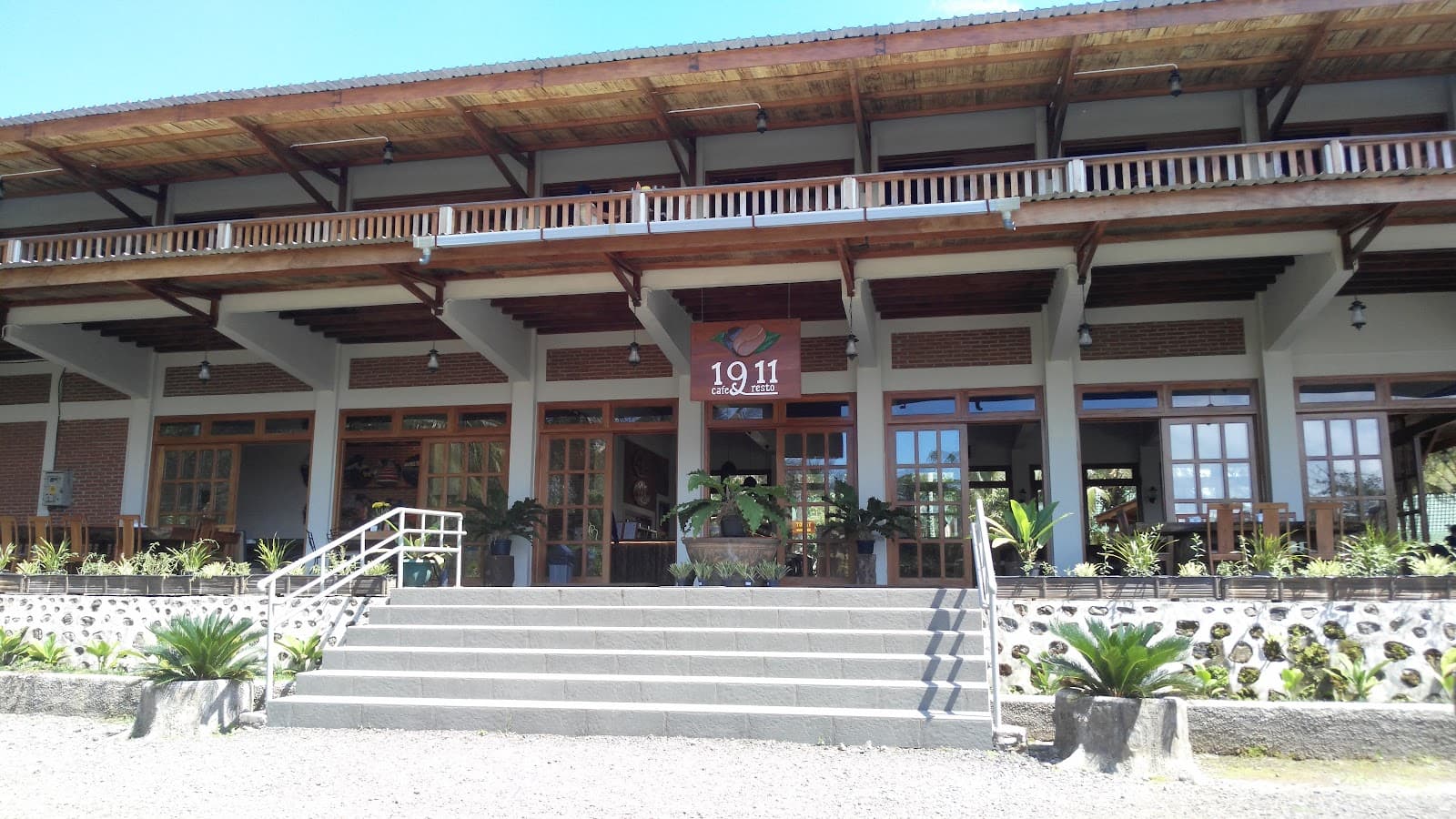
Kalibendo Coffee Plantation
Discover the scenic beauty and rich history of Kalibendo Coffee Plantation, a lush estate offering coffee tasting and a refreshing river dip.
Highlights
Must-see attractions
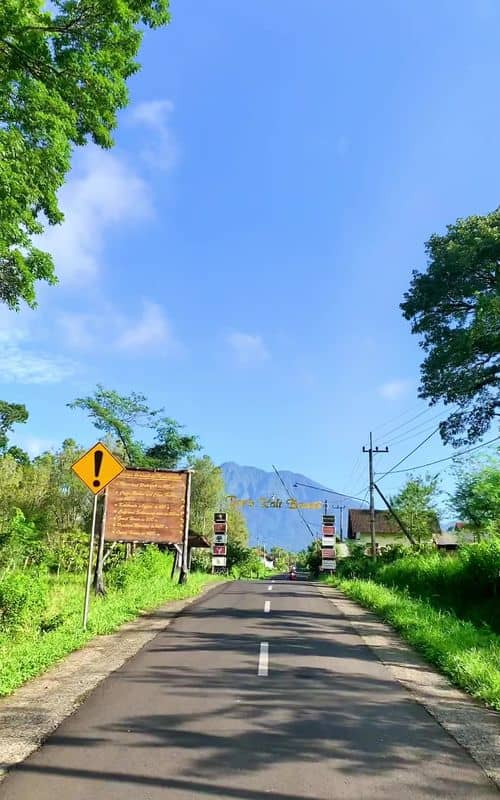
Social
From TikTok & Reddit
Best Time
Fewer crowds, cooler air

Kalibendo Coffee Plantation
Best Time
Fewer crowds, cooler air
Highlights
Must-see attractions
Discover the scenic beauty and rich history of Kalibendo Coffee Plantation, a lush estate offering coffee tasting and a refreshing river dip.
"A very nice place to visit for refreshment, enjoy fresh coffee and air."
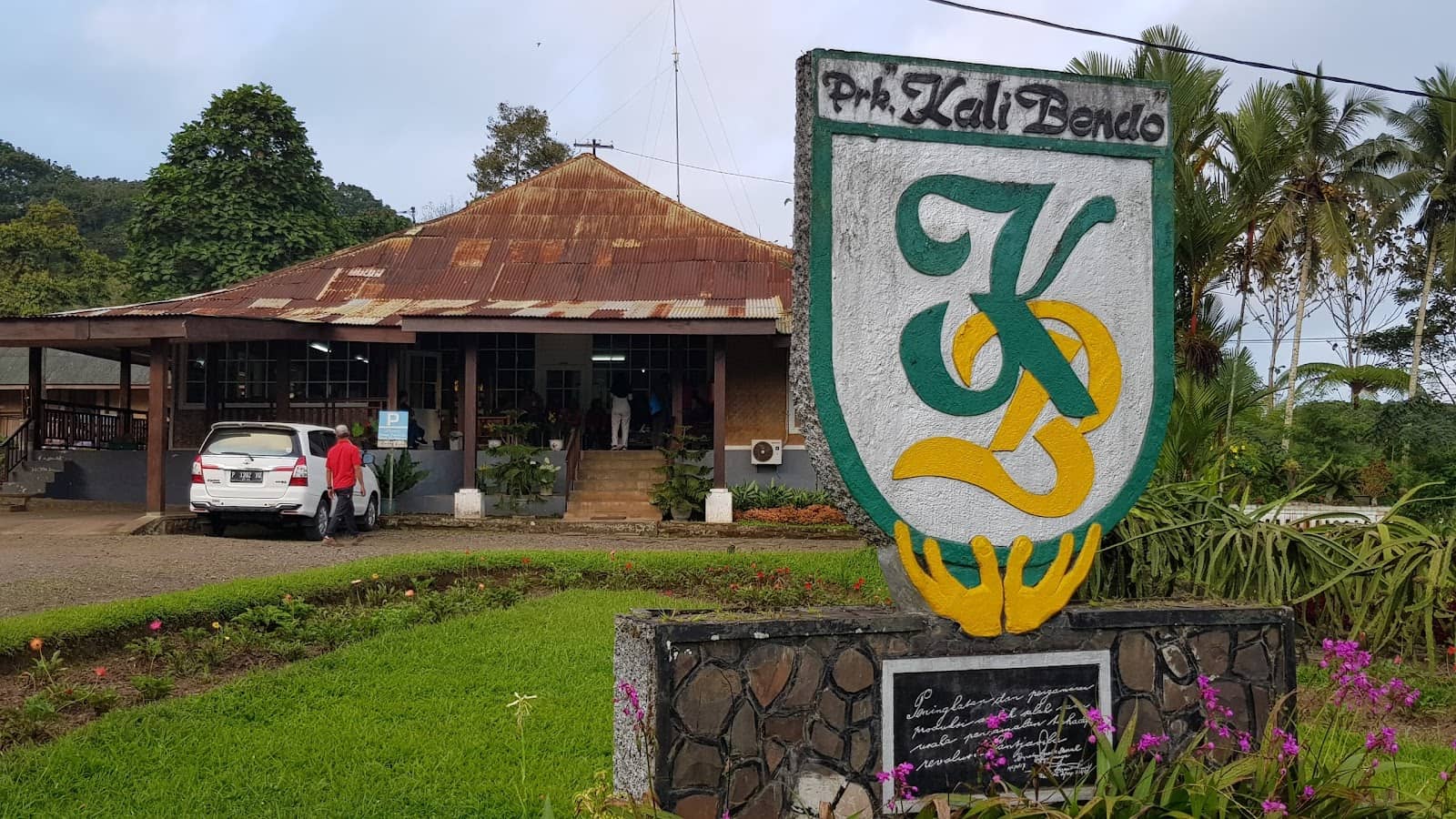
Book Tours in Advance
Ensure your spot for plantation tours, especially if you want to see the factory or try Luwak coffee.
Try the Fried Cassava
Highly recommended by visitors for its delicious taste. A perfect snack with fresh coffee.
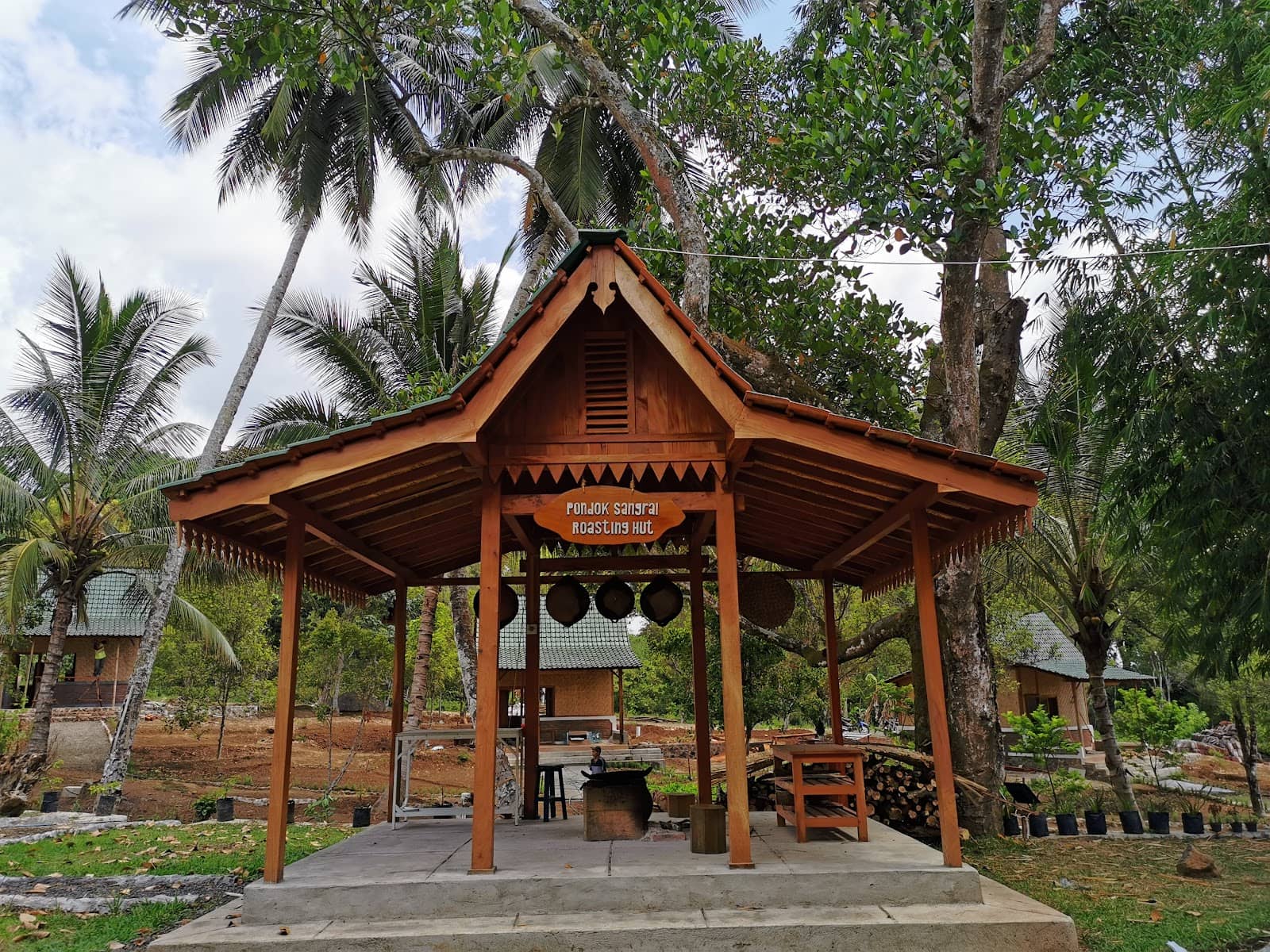
Highlights
Discover the most iconic attractions and experiences

Scenic Plantation Road
Main plantation path
A viral road offering stunning views of the coffee plantation with a backdrop of mountains. Perfect for a leisurely stroll.

Kalibendo River
Near the plantation
A refreshing spot for a dip, this river has been a popular bathing area since Dutch colonial times.
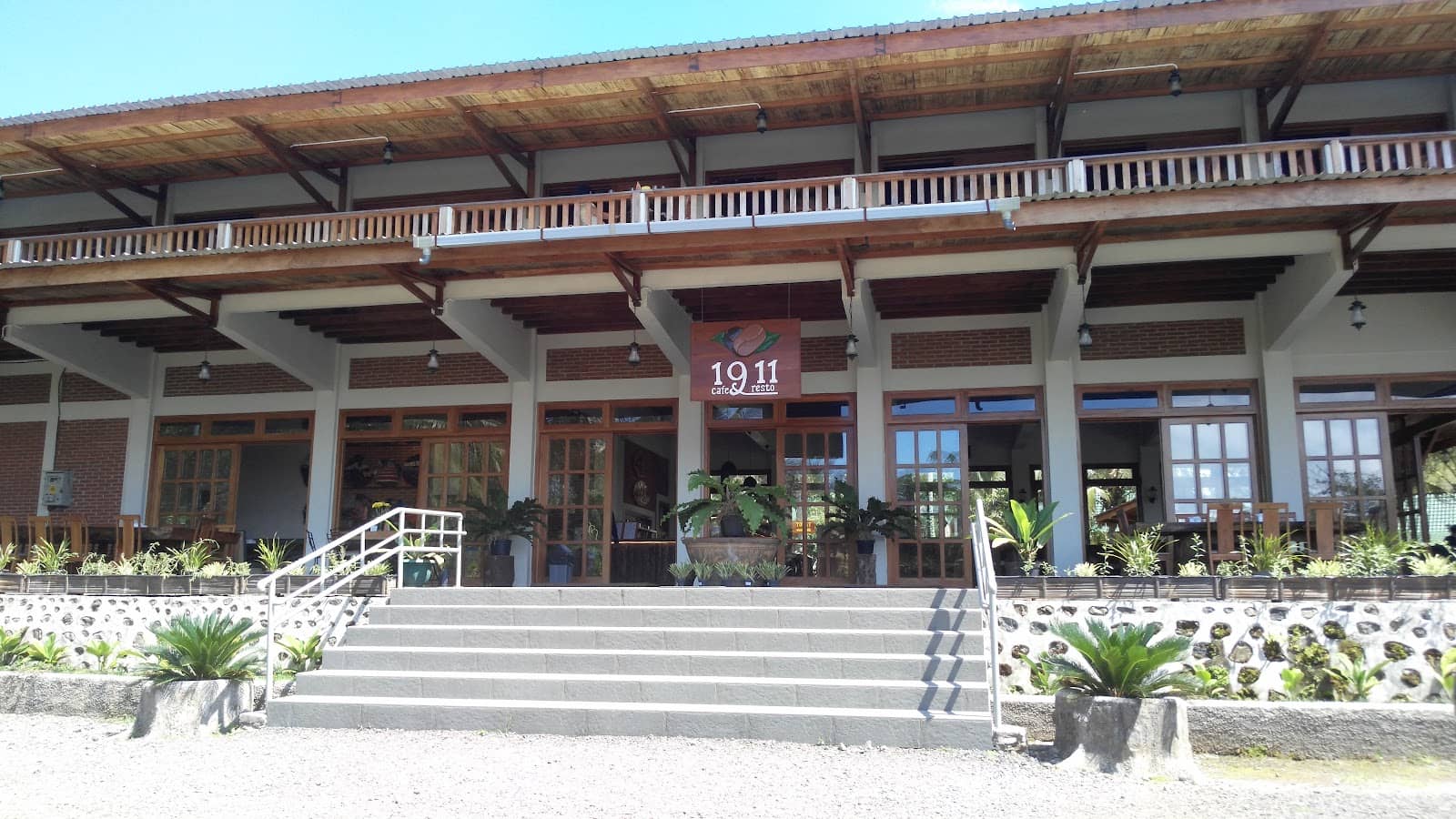
Coffee Tasting & Luwak Coffee
Plantation cafe/office
Sample various local coffees, including the unique Luwak coffee, and learn about their production process.

Historical Rubber Plantation
Adjacent to coffee plantation
Explore the old rubber plantation and its factory, a remnant of colonial history dating back to 1911.
Plans like a pro.
Thinks like you
Planning Your Visit
Timing is Key for Kalibendo
Embrace the Coffee Experience
Best Times
Insider Tips
from TikTok, Instagram & Reddit
Book Tours in Advance
Ensure your spot for plantation tours, especially if you want to see the factory or try Luwak coffee.
Try the Fried Cassava
Highly recommended by visitors for its delicious taste. A perfect snack with fresh coffee.
Friendly Staff
Staff are welcoming and happy to share knowledge about coffee and the plantation.
Combine with Ijen
A great stop for refreshment after visiting Ijen Crater. Enjoy fresh air and coffee.
Tips
from all over the internet
Book Tours in Advance
Ensure your spot for plantation tours, especially if you want to see the factory or try Luwak coffee.
Try the Fried Cassava
Highly recommended by visitors for its delicious taste. A perfect snack with fresh coffee.
Friendly Staff
Staff are welcoming and happy to share knowledge about coffee and the plantation.
Combine with Ijen
A great stop for refreshment after visiting Ijen Crater. Enjoy fresh air and coffee.
Wear Comfortable Shoes
You'll be doing some walking around the plantation and potentially near the river.
What Travellers Say
Reviews Summary
Visitors praise Kalibendo Coffee Plantation for its friendly staff, scenic plantation road, and the opportunity to taste various coffees, including Luwak. The historical rubber plantation and the refreshing river add to its charm. While food is considered okay, the overall experience is highly recommended, especially as a stop after visiting Ijen.
"We had breakfast here - food is ok. Unfortunately we didn't book ahead for the tour - all keeps were out."
Steven Poh
"they have many choices of coffee beans and fruits (sweet sweet fruits), staffs are very friendly and welcoming. their friend cassava are the best (recommended), very nice place to visit, especially after visiting kawah ijen. enjoy the fresh coffee and the fresh air."
Gregory Sasmita
"Rubber plantation and it factory since 1911 old Mahogany tree and we have great trekking and closed the day with Kalibendo coffee"
Bayu Yustitia
What People Like
What People Dislike
Frequently Asked Questions
🚇 🗺️ Getting There
Kalibendo Coffee Plantation is accessible by car or motorbike from Banyuwangi city. The journey takes approximately 1-1.5 hours. You can hire a local taxi or rent a scooter. Some visitors combine this visit with a trip to Ijen Crater, as it's on the way.
Public transportation options are limited and may require multiple transfers. Hiring a private car or motorbike is generally more convenient for reaching the plantation directly.
The plantation is best explored on foot. Wear comfortable shoes as you'll be walking on paths and potentially uneven terrain.
Yes, Kalibendo is often visited in conjunction with the Ijen Crater for its famous blue fire and sunrise. It's also near a rubber plantation.
From Banyuwangi city center, expect about a 1 to 1.5-hour drive. If coming from areas closer to Ijen, travel time will be shorter.
🎫 🎫 Tickets & Entry
Entry to the plantation grounds is generally free, but there might be a small fee for specific activities like guided tours or coffee tasting sessions. It's advisable to check upon arrival.
The plantation is typically open daily, but specific hours for the cafe or tour services might vary. It's best to visit during daylight hours to enjoy the scenery.
Yes, booking a tour in advance is recommended, especially if you want to ensure availability for specific experiences like factory visits or Luwak coffee tasting.
Tours often focus on the coffee production process, from bean to cup, and may include tasting sessions. Some tours might also cover the adjacent rubber plantation.
Prices for coffee tasting can vary. It's a good idea to inquire at the plantation's office or cafe for the most current pricing information.
🍽️ ☕ Coffee & Dining
Kalibendo offers a variety of coffee beans, including Arabica, Robusta, and the famous natural Luwak coffee. You can also try specialty blends like avocado coffee and Balinese coffee.
Yes, Luwak coffee is available. It's made from coffee beans that have been eaten and excreted by the Asian palm civet. The process involves natural fermentation in the civet's digestive system.
The plantation offers breakfast and other food items. Visitors highly recommend the fried cassava, which is a popular snack.
Yes, you can typically purchase coffee beans directly from the plantation to enjoy at home. This is a great way to bring a piece of your experience back with you.
Besides coffee, you can often find other beverages like tea and local fruit juices. The plantation may also offer ginger drinks.
📸 📸 Photography
The scenic plantation road with mountain views is a highlight for photos. The riverbanks and the historical rubber plantation also offer unique photographic opportunities.
Generally, photography is allowed and encouraged in most areas of the plantation. However, always be respectful of any private areas or ongoing work.
A standard camera or smartphone is sufficient. Consider a wide-angle lens for capturing the expansive plantation views and a telephoto lens if you want to zoom in on details.
You might capture interesting shots of coffee cherries on the trees, the drying process, or the roasting equipment if you take a tour.
Early morning or late afternoon offers the best lighting conditions, with softer light and fewer harsh shadows. Sunrise and sunset can provide dramatic backdrops.
For Different Travelers
Tailored advice for your travel style
👨👩👧 Families with Kids
Consider booking a tour that explains the coffee process in simple terms. The friendly staff are often accommodating to families. Pack snacks and drinks, though trying the local fried cassava is a must!
☕ Coffee Enthusiasts
Engage with the staff, especially those knowledgeable about coffee like Pak Chandra, to gain deeper insights into the bean-to-cup journey. Purchasing freshly roasted beans directly from the source is also a great way to take the experience home.
📸 Photographers
Don't miss the chance to photograph the historical rubber plantation and the natural beauty of the Kalibendo River. Early morning or late afternoon light will enhance your shots, creating a more atmospheric and visually appealing portfolio.
Deep Dives
In-depth insights and expert knowledge
The History and Legacy of Kalibendo
This historical context adds a layer of depth to the visitor experience. It's not just about enjoying a cup of coffee; it's about understanding the journey of these plantations and their significance in local history. The knowledgeable staff, like Pak Chandra, are often eager to share these stories, making the visit more engaging and educational.
Visitors often find the blend of natural beauty and historical remnants to be a unique draw. The plantation continues to operate, offering a chance to witness traditional agricultural practices alongside modern coffee cultivation. This continuity makes Kalibendo a living piece of history.
Understanding Luwak Coffee
During digestion, the civet's enzymes break down the coffee bean's proteins, which is believed to reduce the bitterness and acidity of the coffee. The beans are then collected from the civet's droppings, cleaned, dried, and roasted. While the process is unusual, many find the resulting coffee to have a distinct, smooth flavor profile.
It's important for visitors to be aware of ethical considerations surrounding Luwak coffee production. While some plantations practice humane methods, others may keep civets in poor conditions. Kalibendo's approach to Luwak coffee production should be inquired about to ensure responsible tourism.
Beyond Coffee: The Kalibendo River
The river provides an opportunity for a relaxing dip, especially on warmer days. The surrounding natural beauty adds to the appeal, making it a pleasant spot to unwind after exploring the coffee fields. It's a simple yet enjoyable natural amenity that complements the plantation experience.
Visitors looking for a bit of natural recreation will find the river a welcome addition to their visit. It’s a reminder of the diverse natural attractions Banyuwangi has to offer, beyond its famous coffee.
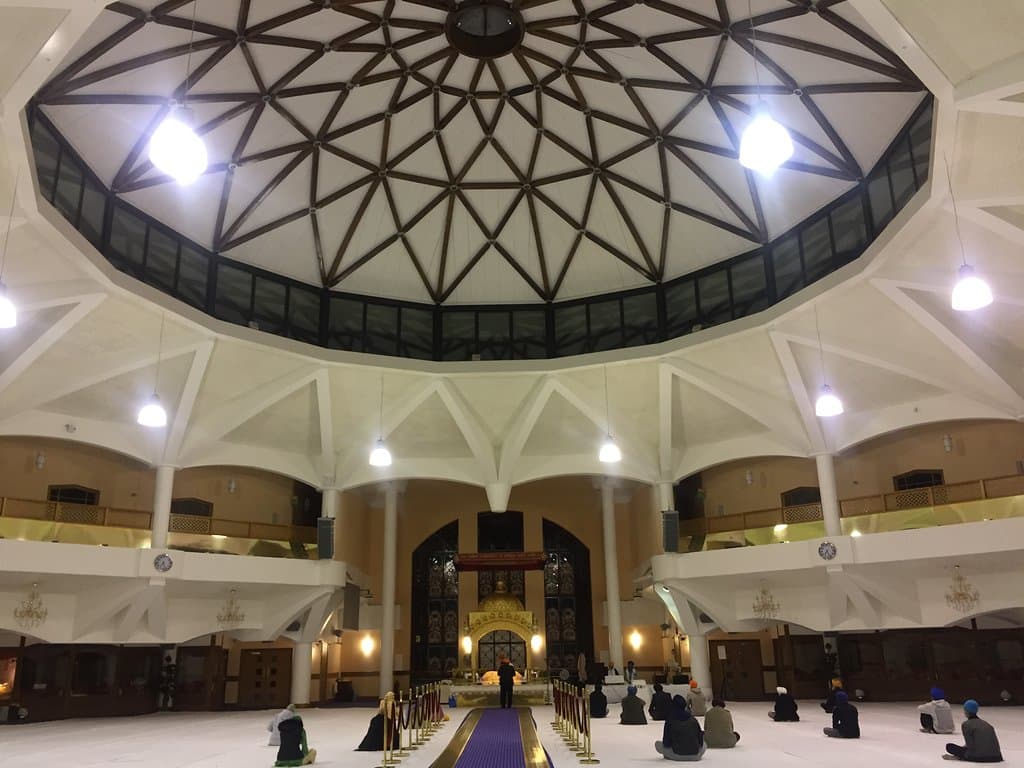
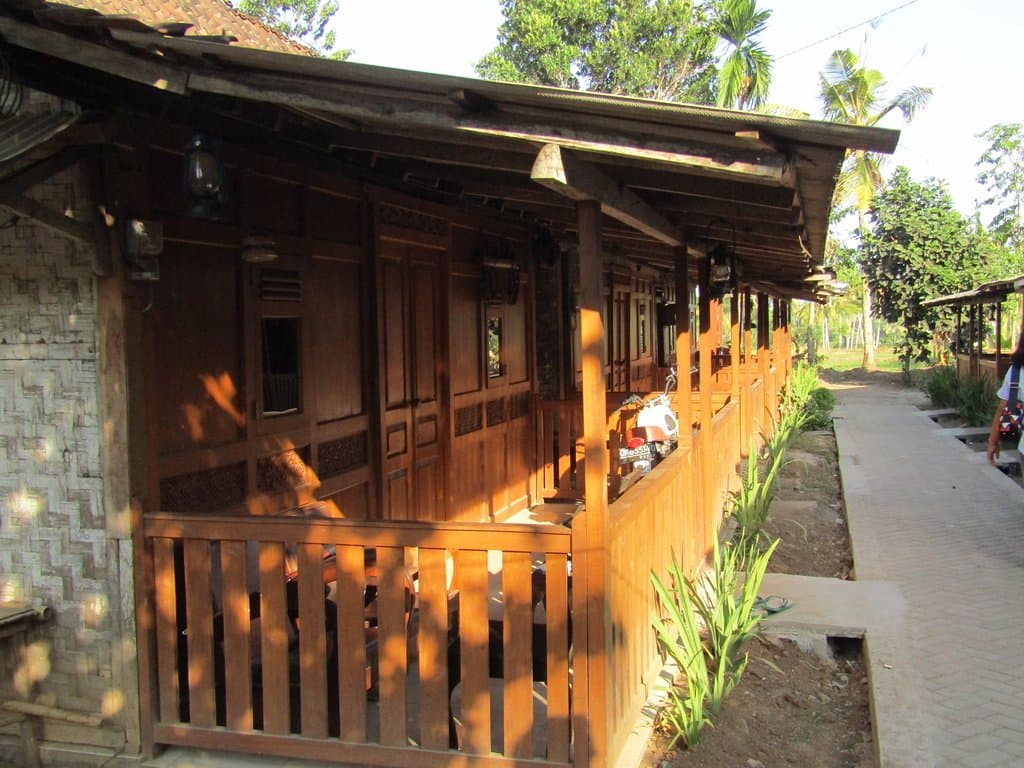
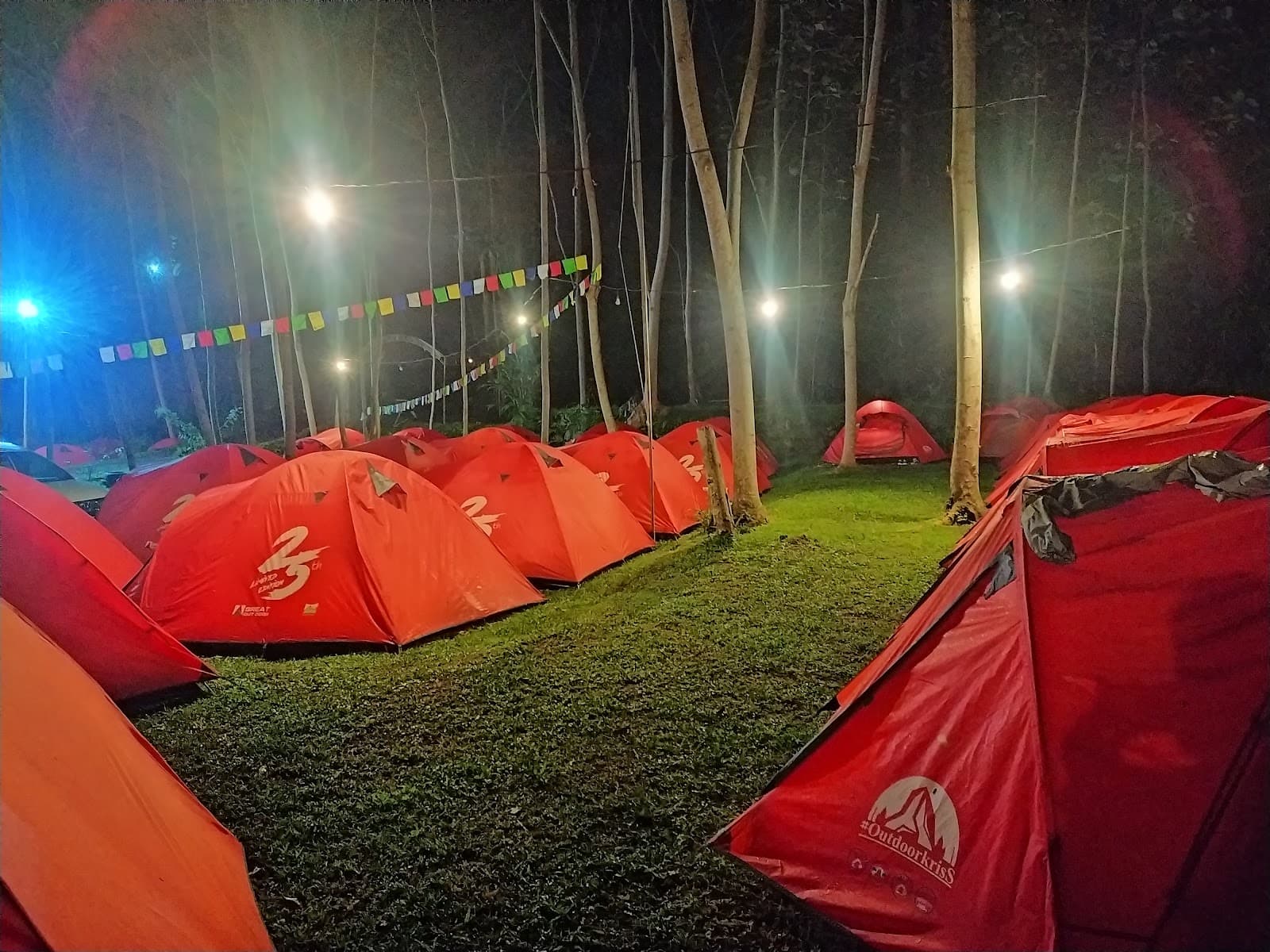

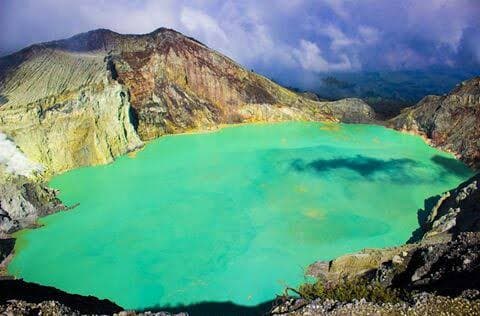
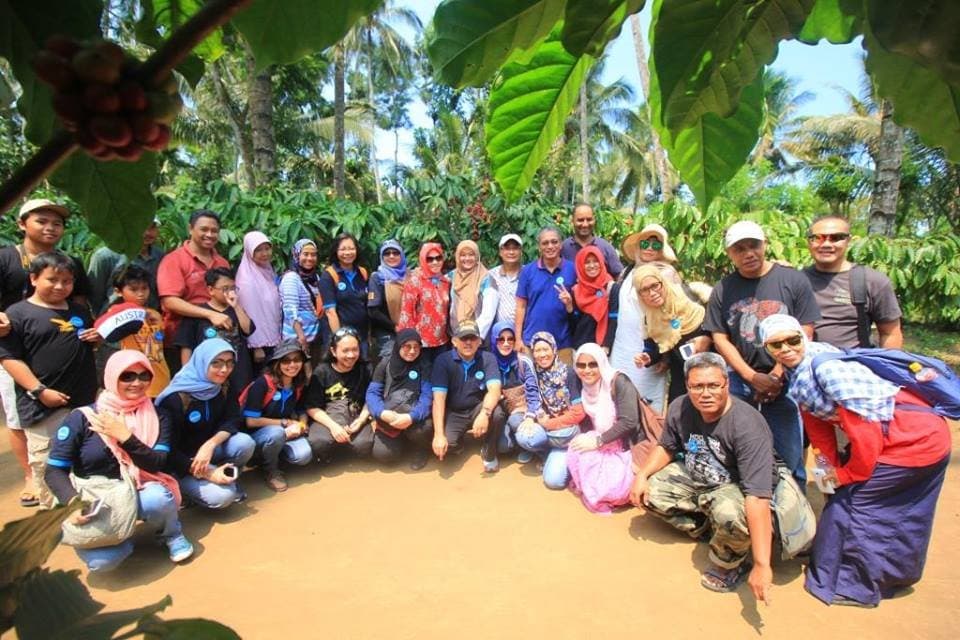
Social
from TikTok, Instagram & Reddit